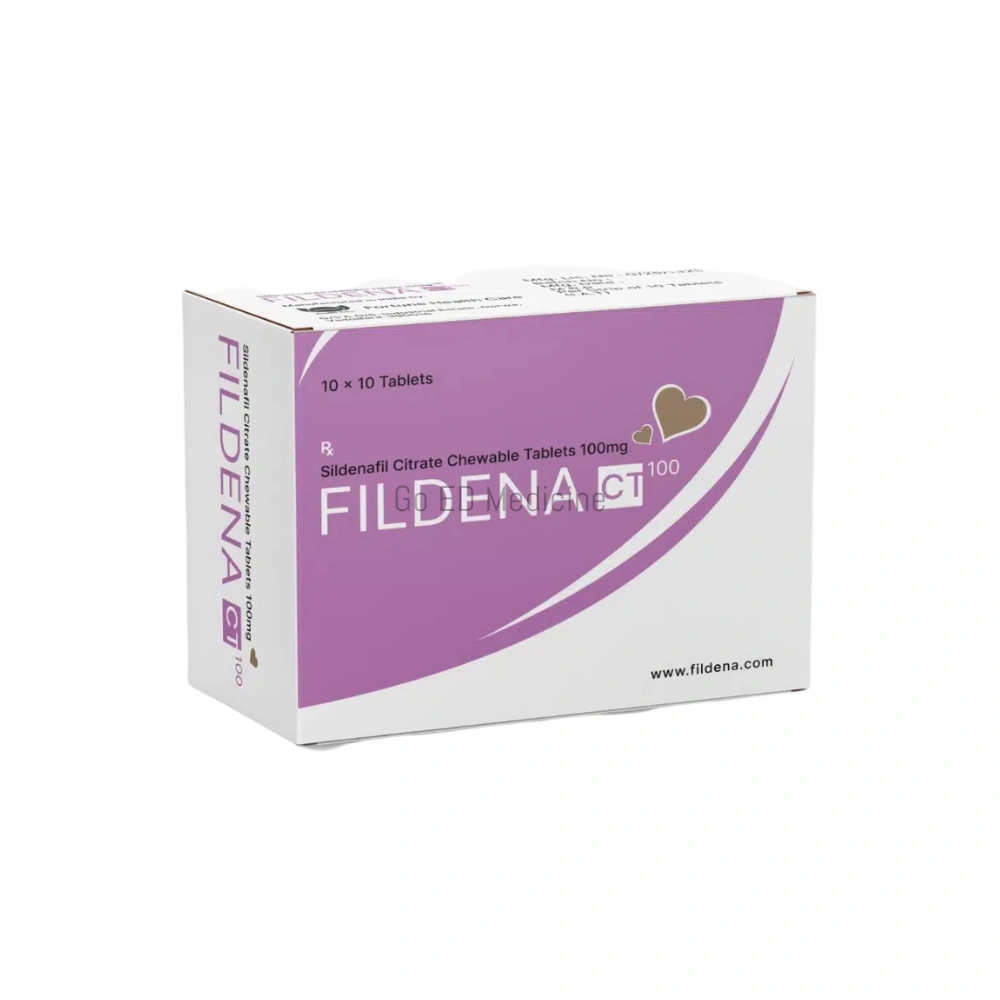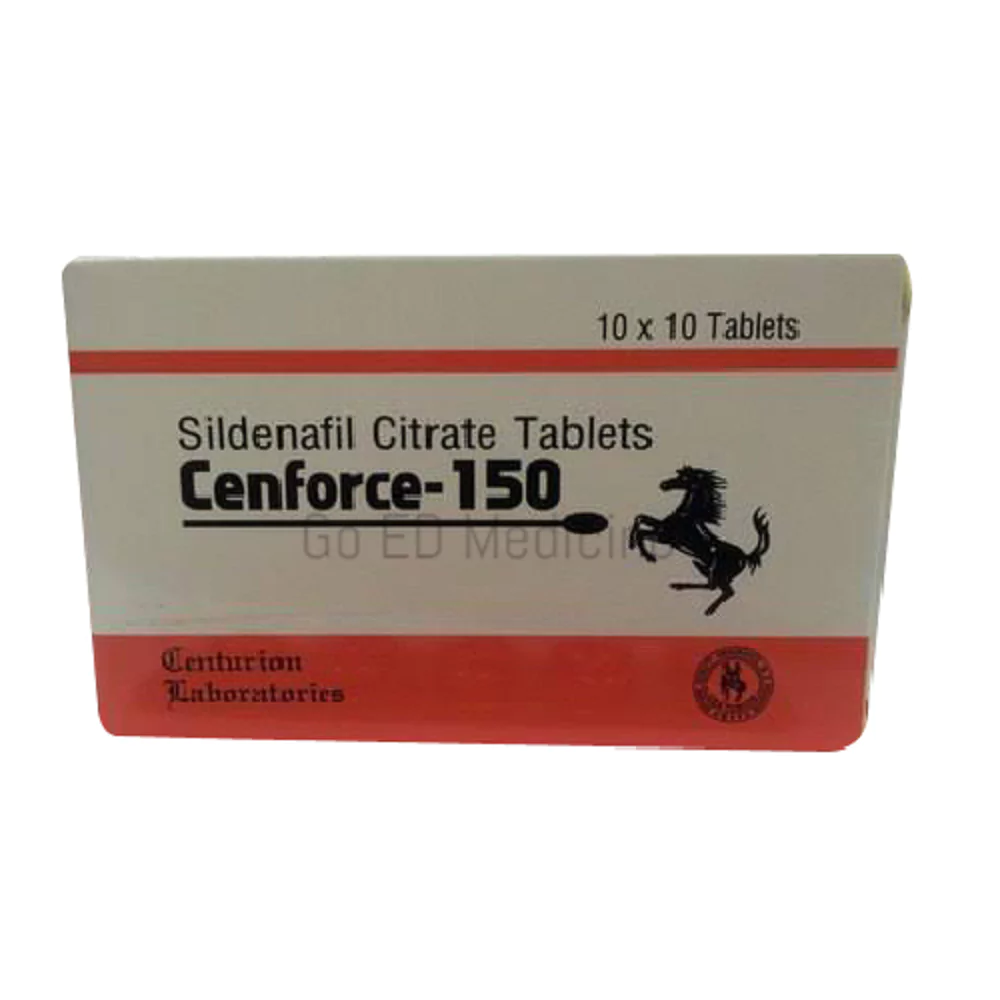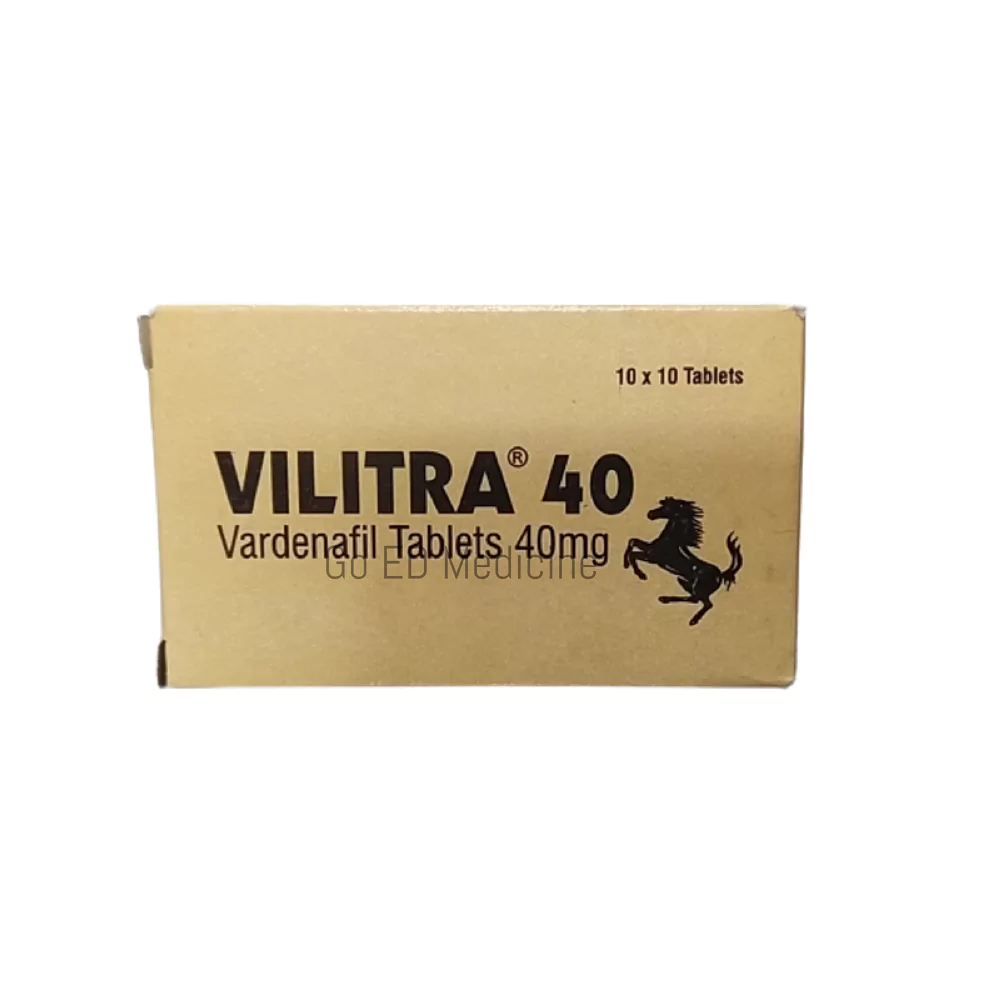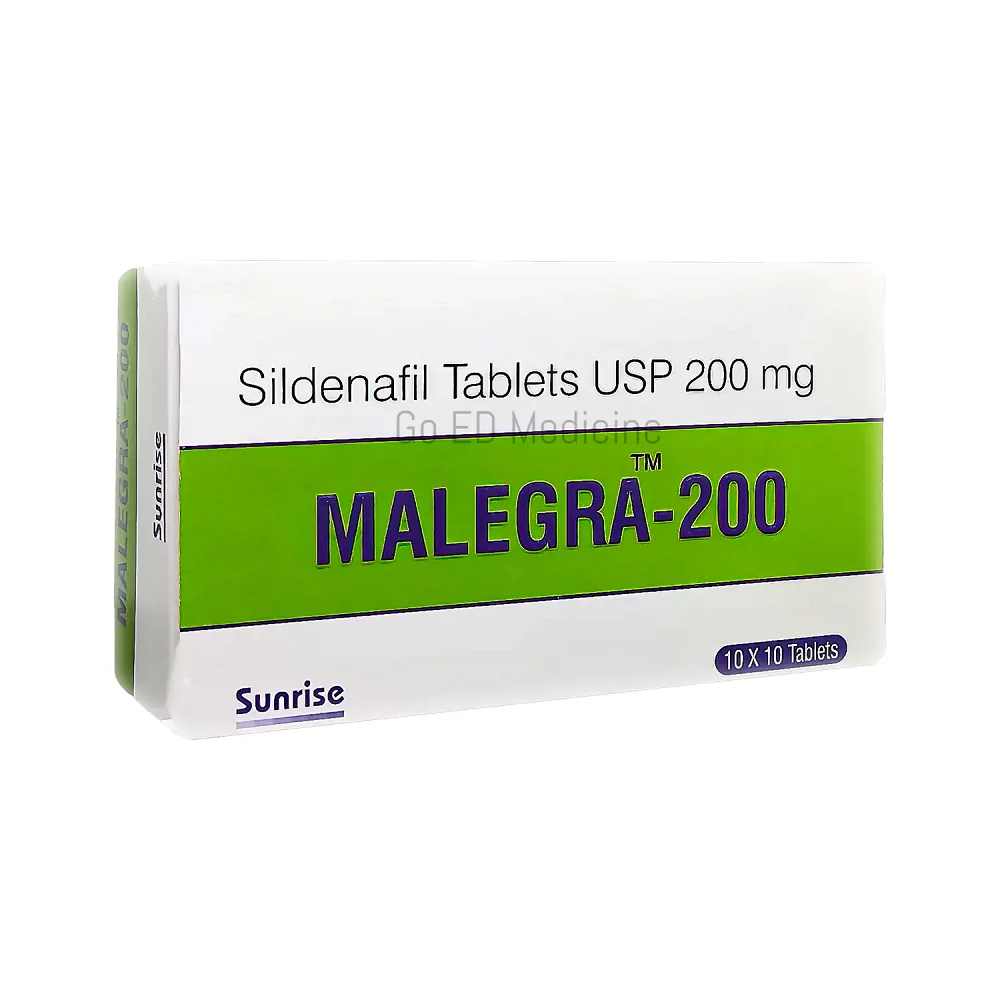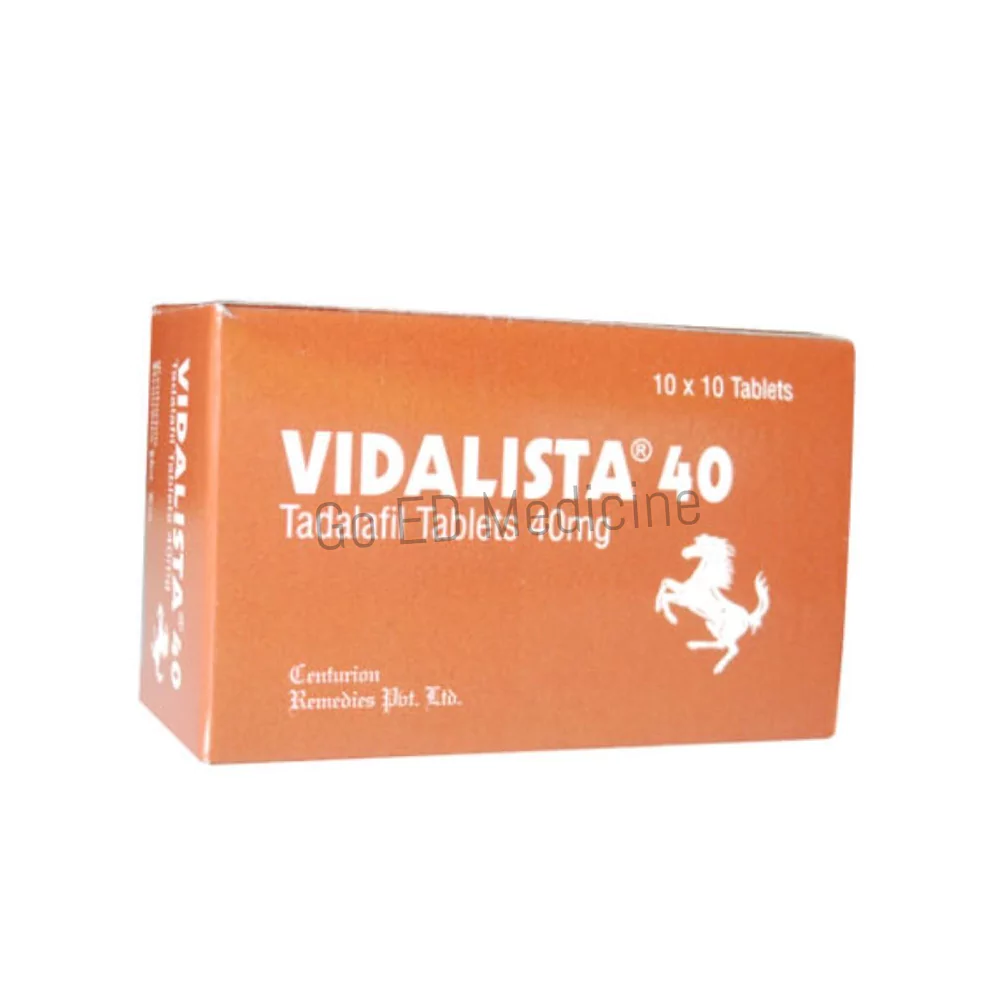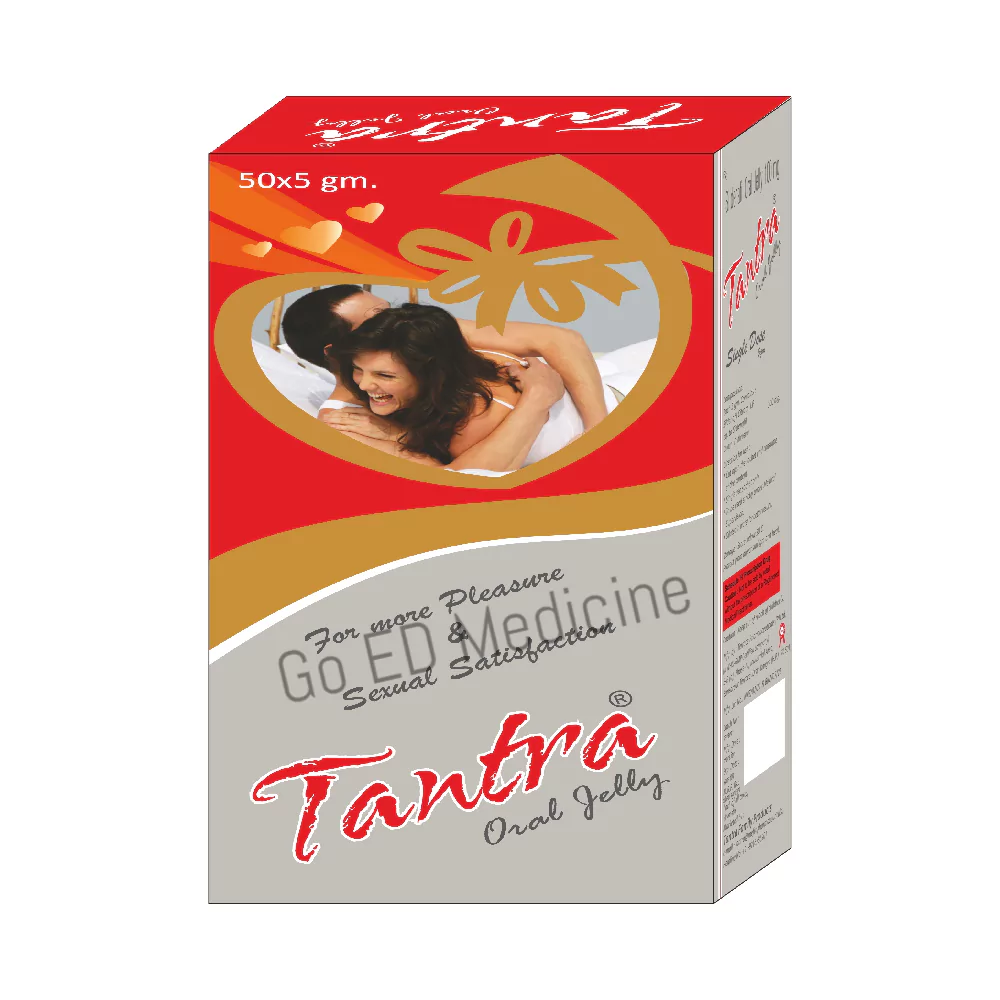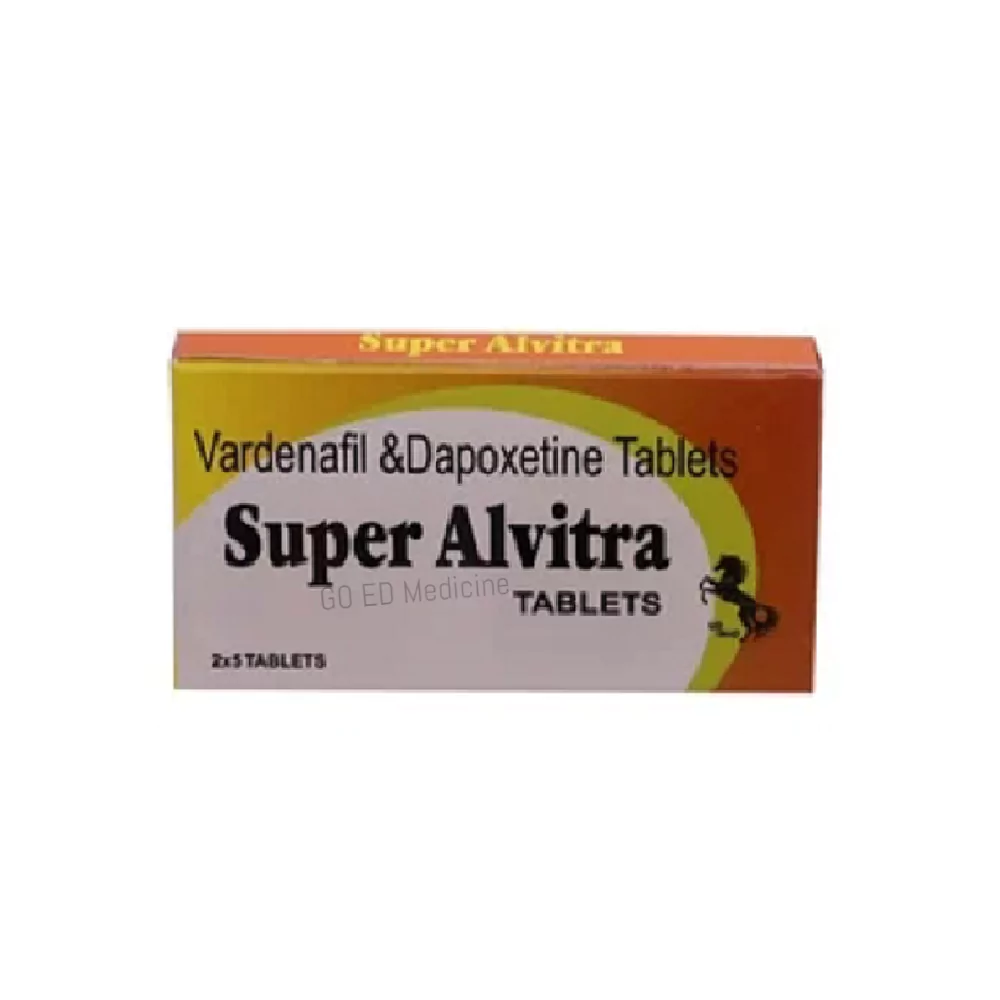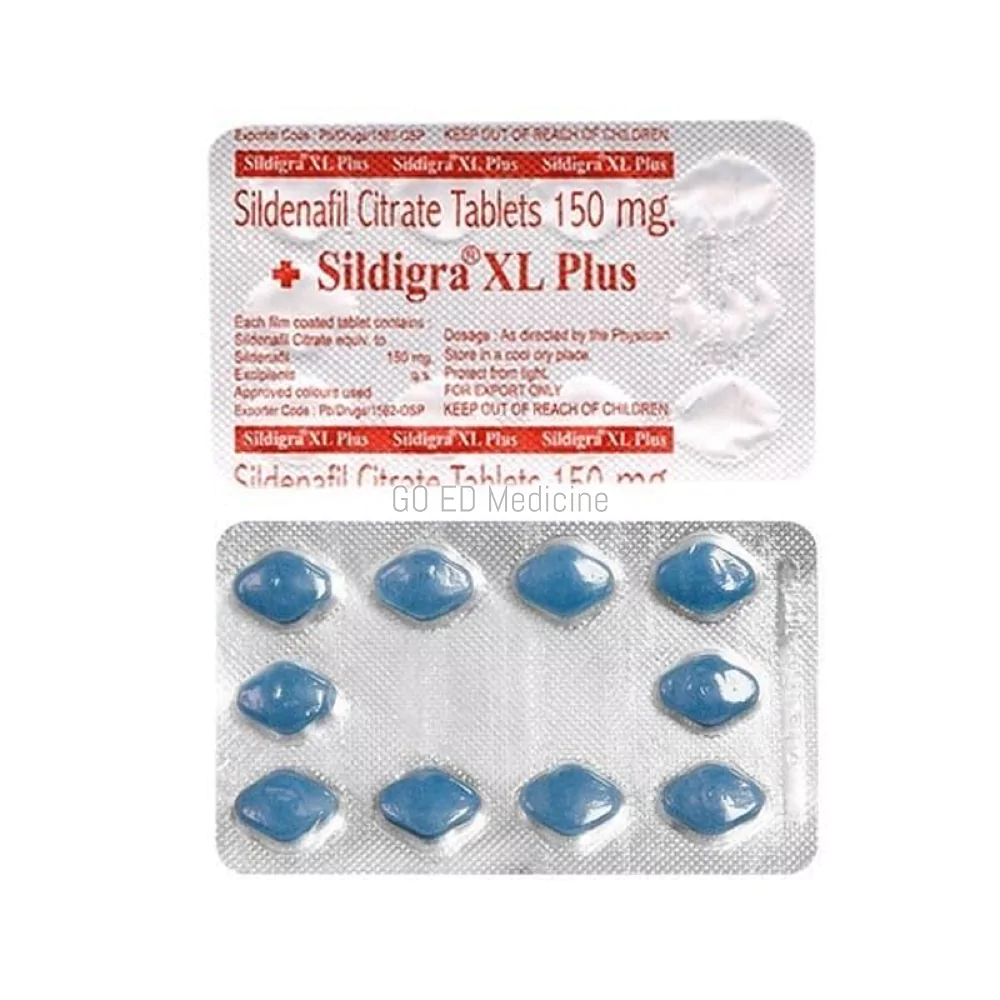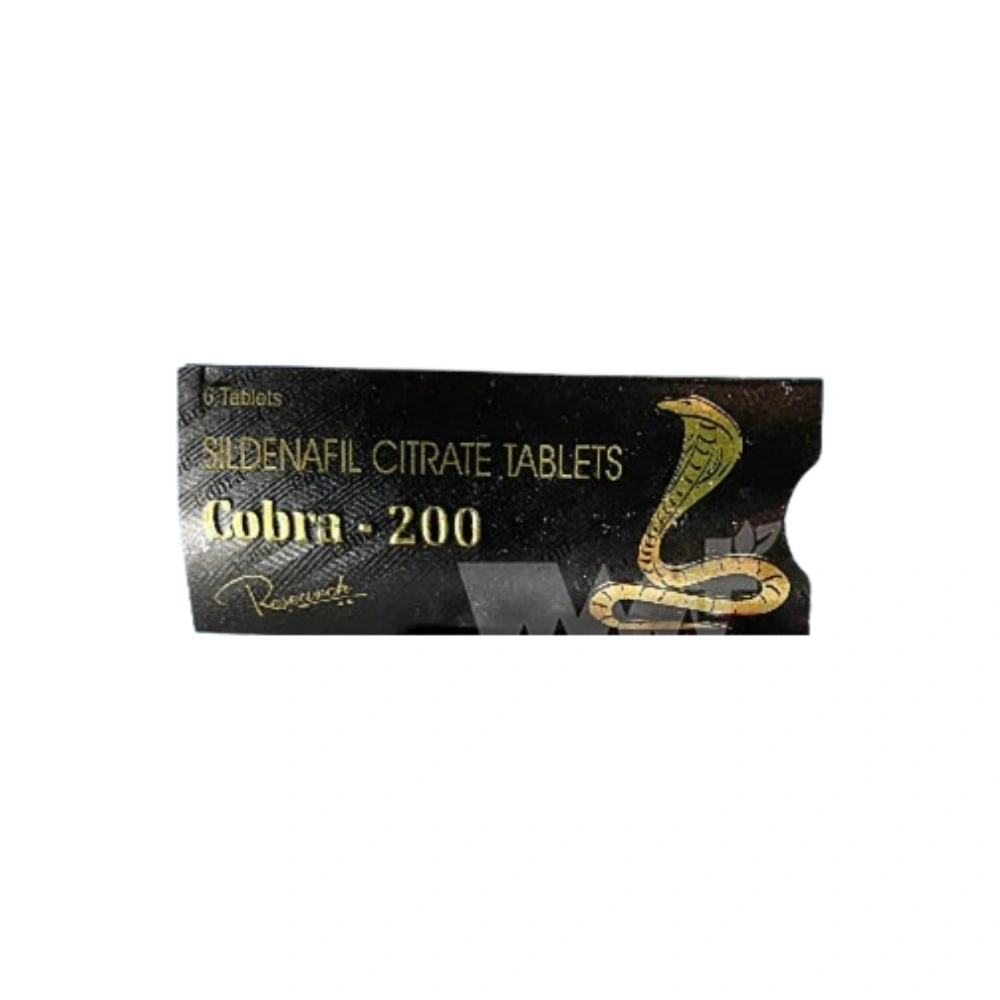Top Selling Products
Fildena CT 100mg Sildenafil Tablet
Cenforce 150mg Sildenafil Tablet
Vilitra 40mg Vardenafil Tablet
Malegra 200mg Sildenafil Tablet
Extra Super Vidalista 100mg Tablets
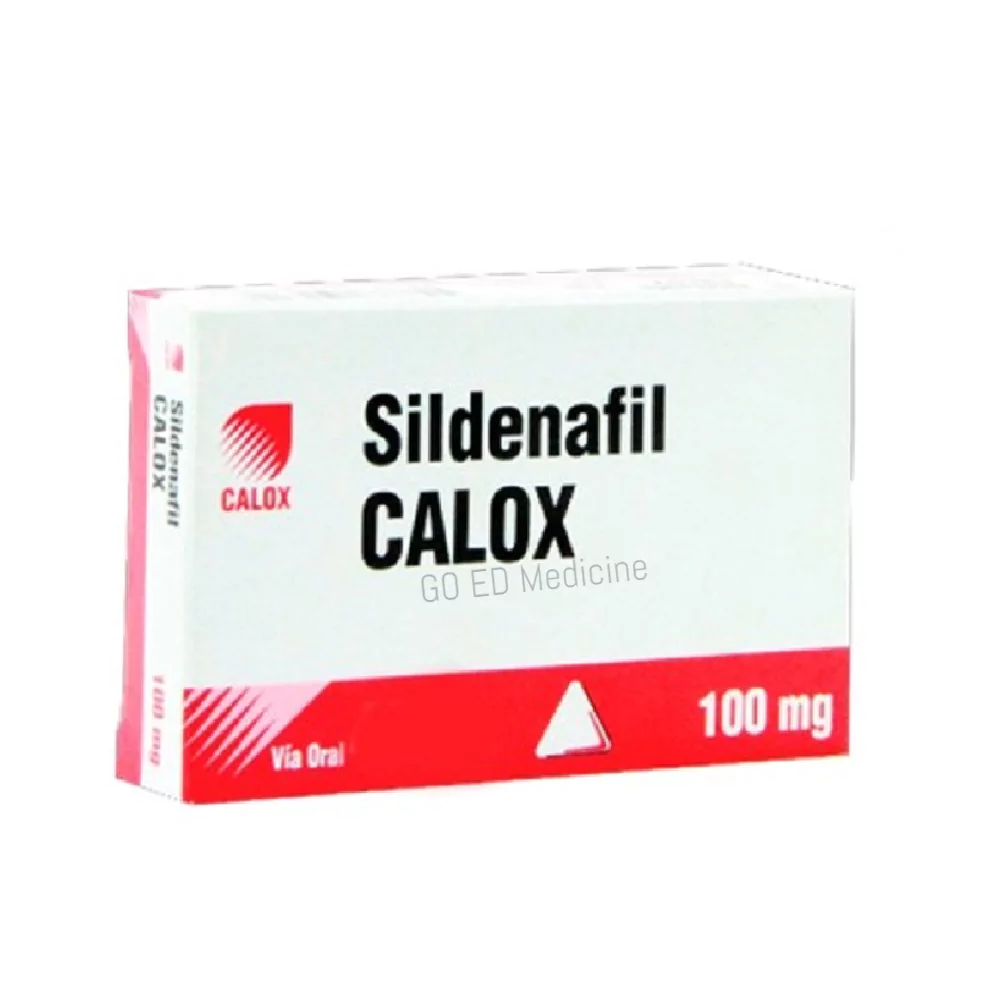
Sildenafil Calox 100mg Tablet
Vidalista 40mg Tadalafil Tablet
Fildena Strong 120mg Sildenafil Tablet
Super Alvitra 80mg Vardenafil & Dapoxetine Tablet
Sildigra XL Plus 150mg Sildenafil Tablet
Cobra 200mg Sildenafil Tablets
Latest Blog
How to Make Viagra Naturally: 7 Quick Recipes to Try Today
Cenforce 200 vs Viagra: Explain Cost, Safety, and Effectiveness
Chewing Viagra Pills Make Them Work Faster: Myth or Fact
Does Mango Boost Testosterone Levels Naturally?
Is Viagra Safe for Seniors? Explain Side Effects and Precautions
Go ED Medicine - On-Time Delivery of Trusted Medicine
Welcome to the Go ED Medicine, your trusted source for Erectile Dysfunction solutions. ED is a widely common sexual disorder in men. Only in the USA over 18 million men suffer erectile dysfunction. To treat ED, generic medicines are the best solution, which you can find in this online pharmacy. Go ED Medicine store has the best services and trust of thousands of regular customers. The policy of the Go ED Medicine store is to provide our customer with the best quality medicine that not only improves their sexual health but also keeps them safe from any possible side effects.
Why Go ED Medicine is the Best Online Pharmacy?
You all can see hundreds of online medical stores claiming to be offering the best quality medications or having the best services. But on the Go ED Medicine, our customers describe this store as the best Online Generic Pharmacy Store. On Go ED Medicine, customers get services that no other online pharmacy offers. We have discussed some of this online store's highlighted features that will gain your trust and urge you to purchase your medicine from Go ED Medicine.
High-Quality Medicines
The most important part of medical treatment is using the best quality of medicines. All the medications on Go ED Medicine are sourced from the biggest and top manufacturers. ED medicines are all of high quality and are trusted to have the least side and immediate effects. The Go ED Medicine is a professional site with FDA approval for all the medications sold here. FDA approval proves that the medicine is genuine and has no impurity in it. You can also see the FDA approval certificate and the medicine packing on the website. We at Go ED Medicine are experts in supplying low-cost, reasonable generic versions of well-known pharmaceuticals, including Cenforce 100, Fildena 100, and Vidalista 100, so that you don’t have to stop prioritizing your Sexual Health and Wellness.
Commitment to Your Sexual Wellness
The Go ED Medicine online store has specialized in sexual disorder medications like Viagra and Other Oral Medications for ED. Using these drugs, we ensure that the sexual problem you are facing will be solved immediately. If you stick to your doctor's prescription and take medicine as directed, the effect will be immediate and long-term. On Go ED Medicine, you get high-quality medicine and a collection of all the sexual treatment medicines. We have the biggest reserve of generic drugs that are entirely safe and cannot be found in any other store. Also, the generic medicines on Go ED Medicine are all sourced from the most trusted manufacturers. They are highly trusted by the doctors and patients as well.
Fast Delivery
One service that Go ED Medicine is most proud of is its safe and fast delivery. We have delivered service around the world, including countries like the UK, USA, Canada, France, Germany, and Singapore. When you Buy Erectile Dysfunction (ED) Pills Online, the package will be delivered fast and safely. Your ordered medicines will be delivered to your doorstep, and you no longer need to visit any physical medical store for shopping.
Customer's Favored Rates
Customers always favor the rates of every medicine. We understand how expensive medical treatment can be, so we offer regular discounts on every medication so customers can purchase them easily. Go ED Medicine is a Cheap Generic Drug Store that doesn't compromise on quality and still has low prices compared to other online medical stores. Go ED Medicine is an online pharmacy that thousands of customers trust. On this store, you can find multiple reviews showing customers' trust in Go ED Medicine. Our services are the best, and our products are of top quality, which impresses the customers immediately.
Safe and Secure Packing
The ED Meds & Pills Online Delivered to you will all be in the best condition. We ensure that the delivery is smooth and nothing gets broken or damaged. We are using the best delivery service to ensure the safety. Also, before taking the medicine, ensure the packing is intact. If there is damage, you can return the medicine.
User Convenience
Some customers cannot place their online orders easily. So, to ensure user convenience, we have kept the website as simple as possible. You can place your order easily and don't have to fill out big forms to Buy Erectile Dysfunction Medicine online. The interface of the website is simple and straightforward. Your order will be placed with a few simple steps, and a helpline and support service will always help you with your purchase.







